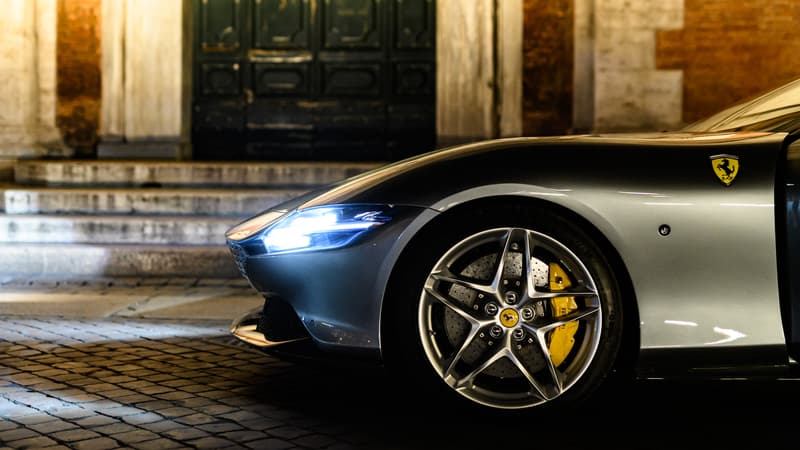In China, Ferrari has sold 26% of its supercars to women in the last five years, Bloomberg notes. It may be a detail for you, but for a luxury car brand it means a lot. It is simply the first time that the Prancing Horse has sold its new models -and second-hand ones- to more than a quarter of its customers. A significant figure in a strategic market for the Italian brand.
China, 12% of Ferrari sales in 2022
Where does this number come from? “People familiar with the matter,” says Bloomberg, who specifies that this does not take into account Hong Kong (reverted to China in 1997) and Taiwan. Keep in mind that this area (mainland China, Hong Kong and Taiwan) accounted for 12% of Ferrari’s sales last year, or about 1,600 vehicles, double what the brand sold locally a few years ago.
But what is this percentage in other parts of the world? Those interviewed by Bloomberg did not want to give figures, but a priori it would therefore be well below a quarter of sales.
Feminism in supercars
Ferrari boss Benedetto Vigna confirms the trend of this growing attraction of female drivers. In particular for events organized by the brand, such as circuit driving sessions, in China, but also in the rest of the world.
In Dubai, for example, Hanan Sobati founded the “Arabian Gazelles” club in 2016 and allows many women from the Emirates and neighboring countries to show their passion for supercars. The club’s Instagram account has more than 143,000 followers.
We can also mention the influencer Supercar Blondie, who has more than 14 million subscribers on YouTube and almost as many on Instagram, with audiences that have skyrocketed since 2018.
China, the new luxury eldorado
China stands out as the second country with the most billionaires, after the United States. And Chinese women largely dominate the ranking of Asia’s richest women according to the Bloomberg Billionaires Index. With a large and unusual number of “self-made billionaire women”, specifies the American media. Mentioned in particular are Wu Yajun, founder of Longfor Group, Zhou Qunfei, president of a major Apple supplier Lens Technology, and Gu Xiaoqing, an executive at fast-fashion giant Shein.
Ferrari has been monitoring this increase in the share of women in sales in China for some time. In 2010, the then boss had estimated that they already represented 20% of purchases. And the country then weighed only a seventh of what Ferrari currently sells in China.
Luxury spending is also picking up in the world’s second-largest economy with the end of strict controls linked to covid, Bloomberg stresses. According to the consultancy Bain & Company, Chinese consumers will account for 20% of the luxury goods market this year and up to 38% in 2030.
Source: BFM TV


